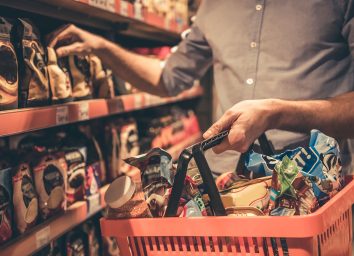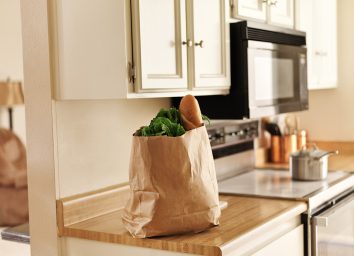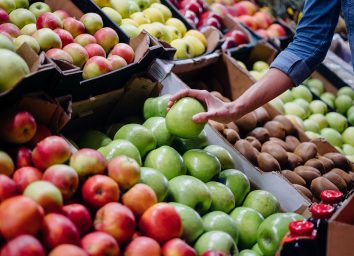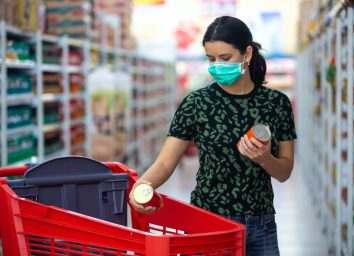5 Grocery Shopping Tips That Are Totally Bogus
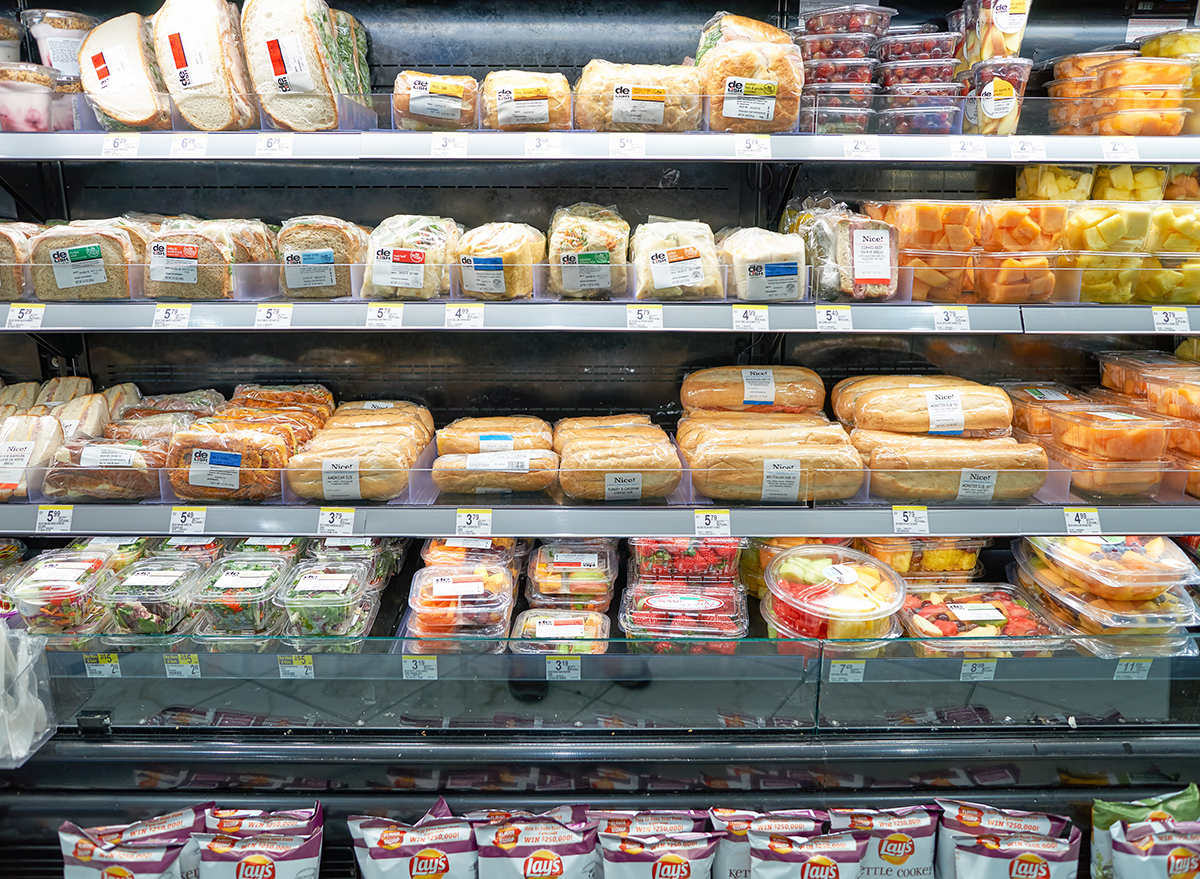
Of all the tasks we have to complete on a weekly basis, one of the easier ones to check off our list is grocery shopping, at least in theory. When did buying food and supplies get so complicated?
Between clipping coupons, shopping on off-hours to beat the rush, and making sure we follow social distancing guidelines, trying to keep track of all the superfluous shopping advice is almost too much. Nobody needs to pile on the anxiety right now, especially when it comes to essentials, so here are 5 grocery tips that you can mark off your to-do list for being totally bogus.
Stock Up During A Pandemic
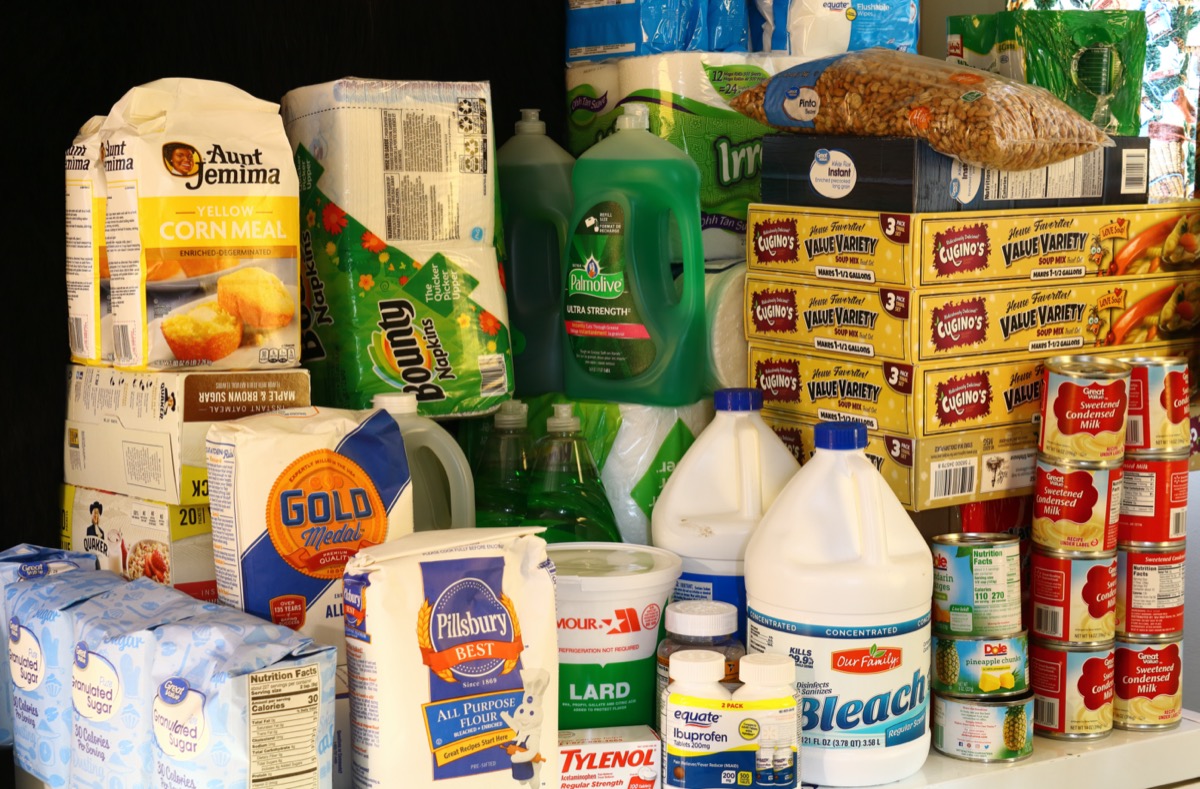
If there is one thing the coronavirus has taught us about grocery shopping it's that hoarding only creates more problems. According to the FDA, although your local grocery store may be temporarily out of certain products during COVID-19 (the key word here is temporarily!), there are no nationwide shortages of food. Or toilet paper. That's because we rely on U.S. food production and manufacturing. Just because you see empty shelves doesn't mean the country has a broken supply chain. Also, most stores have modified their hours to allow for more time to restock shelves.
The next time you feel like you need to buy 12 packages of tofu, take a deep breath and remind yourself that there's enough to go around. Also, hoarding just leads to more hoarding because people freak out and start living in a state of lack. You can do better. Be an example. (Related: Sign up for our daily newsletter to keep yourself informed of the latest grocery shopping news.)
Load Up On Organic, Fresh Produce
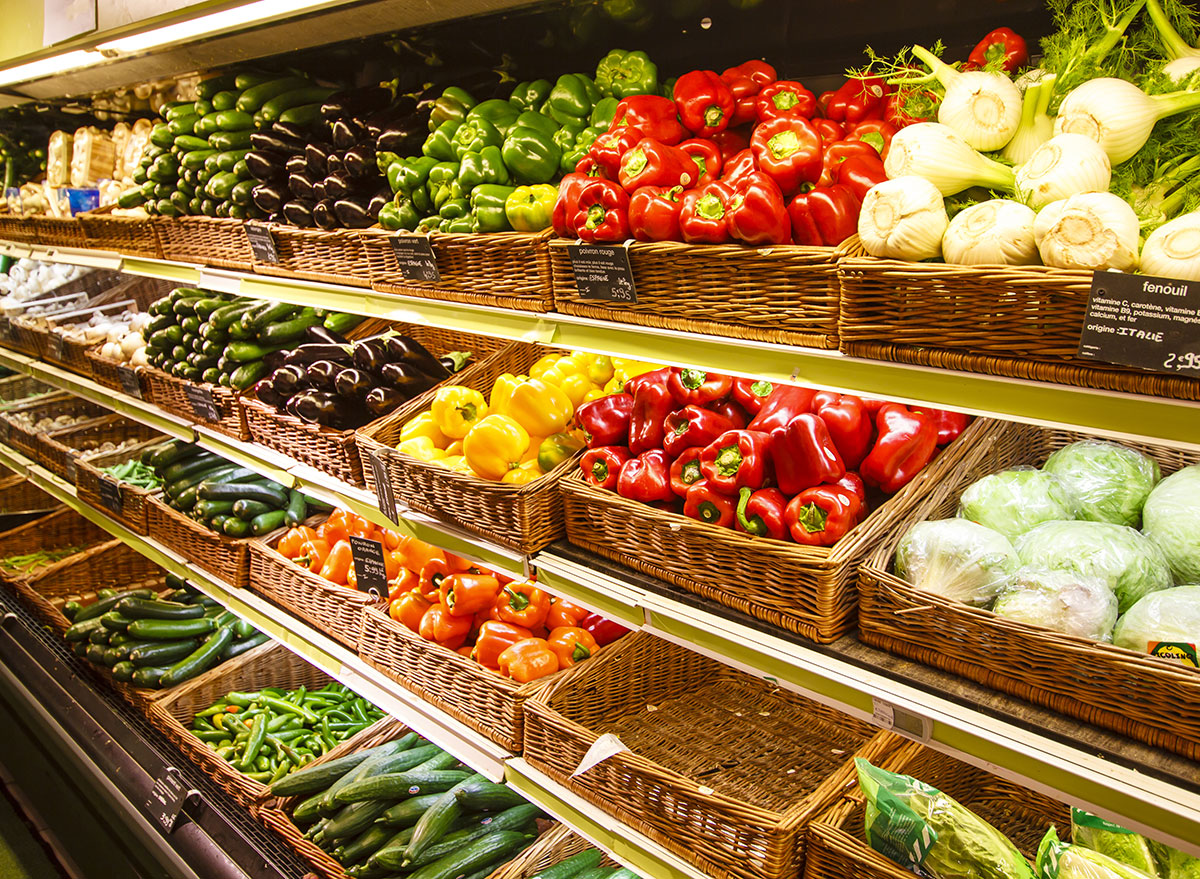
According to Web MD, frozen fruits and vegetables are just as healthy as their fresh versions. How is this possible? Because fresh produce is frozen at its peak ripeness, which preserves nutrients.
In fact, according to a 2007 review published in the Journal of the Science of Food and Agriculture, certain vegetables are more nutritious in a frozen state because they haven't spent hours in storage or in transit to your favorite grocery store. These include spinach, broccoli, peas, and green beans.
"Organic" is another word that packs a punch, but it doesn't necessarily mean "healthier" than non-organic foods. Thick-skinned produce, such as avocados, bananas, and oranges will have less pesticide absorption because of their natural barricade, so it's less important to buy these organic. Apples, peaches, and lettuce, on the other hand, will have more pesticides because of their thin skins. If you're going to buy organic, start with these. Regardless, it's always a good idea to give your produce a wash before consuming. Here's a step-by-step for washing produce correctly.
National Brands Are Better Than Store Brands
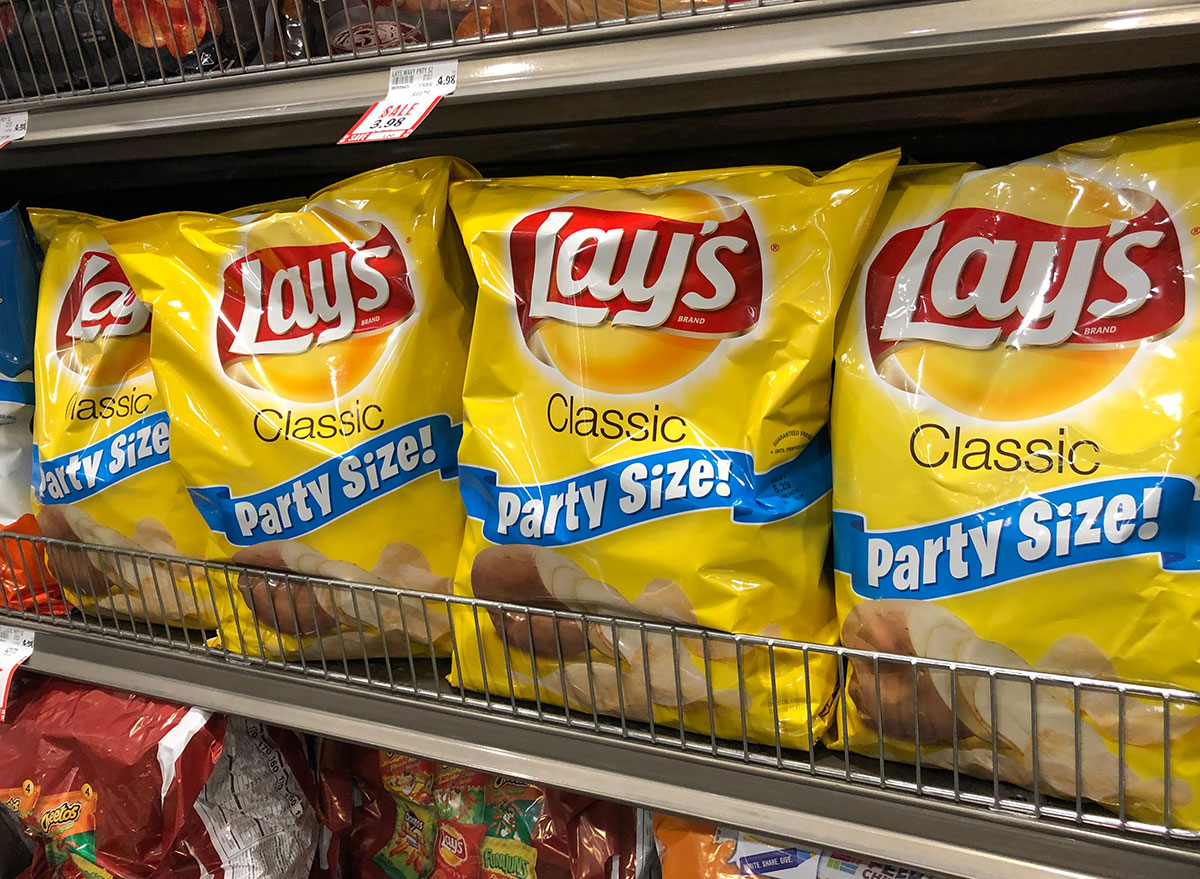
Not always. As with any product, there are going to be some brands that are better than others, but that doesn't necessarily mean the name brand will win. In fact, there's a high likelihood it will be a very similar product, but with different labeling. Take Trader Joe's, for example: They have big brands (who wish to remain anonymous) making their products, which they then label and market as their own sub-brand. This way, Trader Joe's gets to have a high-quality, affordable product, and the manufacturer gets some extra pocket change. (Related: 18 Amazing Trader Joe's Shopping Tips to Know.)
According to Nielsen, private label sales are growing four times faster than national brands—and those numbers are only going up during the pandemic/recession.
Local Is Always Better
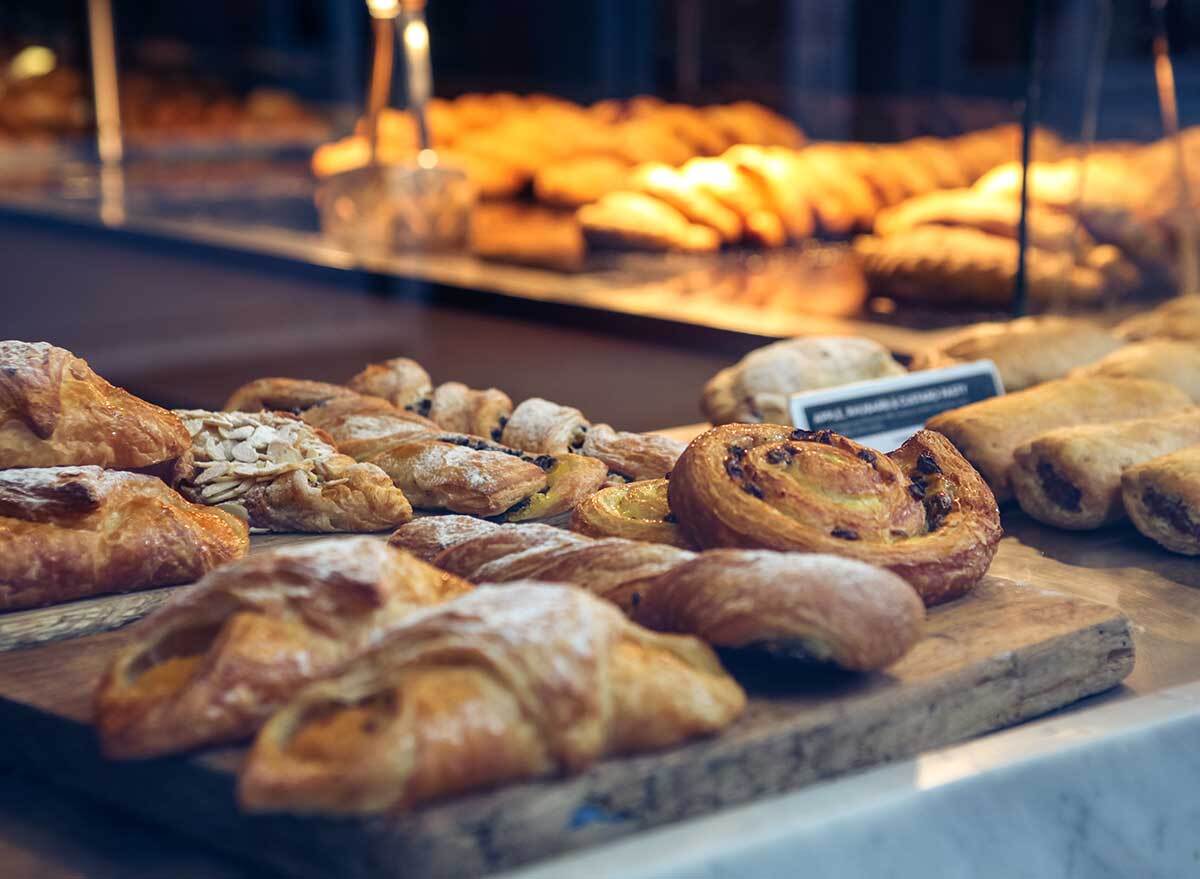
Sure, buying local has a nice ring to it, but it doesn't guarantee that shortcuts weren't taken. It all depends on the standards of the supplier. If your local bakery doesn't abide by the same quality standards as a national brand, it's not going to be superior. It's up to you to read the labels and do your own research before your expectations get out of hand.
Prepared Foods Are A Waste Of Money
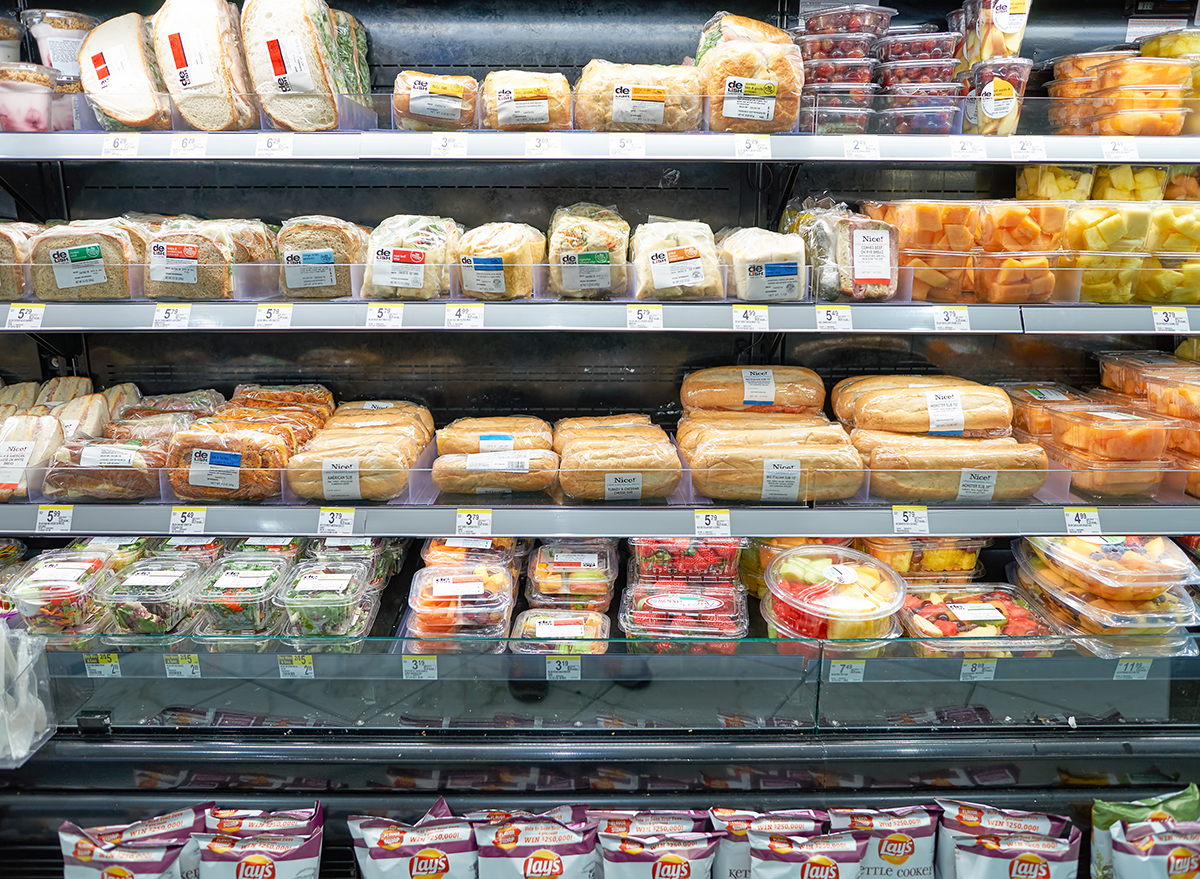
This is a personal philosophy: If buying prepared foods is ultimately cheaper than ordering takeout, then, no, they are not a waste of money. If you're someone who doesn't love to cook, buying an entire head of cabbage, garlic, or broccoli just to make a single recipe may lead to waste. If this describes you, purchasing prepared vegetables, herbs, and other ingredients that spoil easily is probably a lot more cost-effective. So don't feel guilty about buying chopped onions, jars of minced garlic, or pre-made guacamole. For more, check out these 52 Life-Changing Kitchen Hacks That Will Make You Enjoy Cooking.
